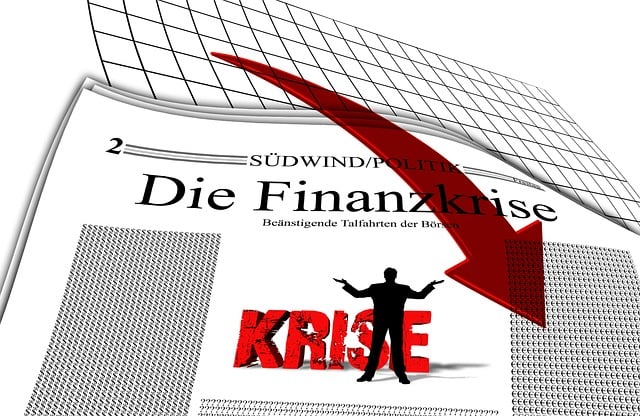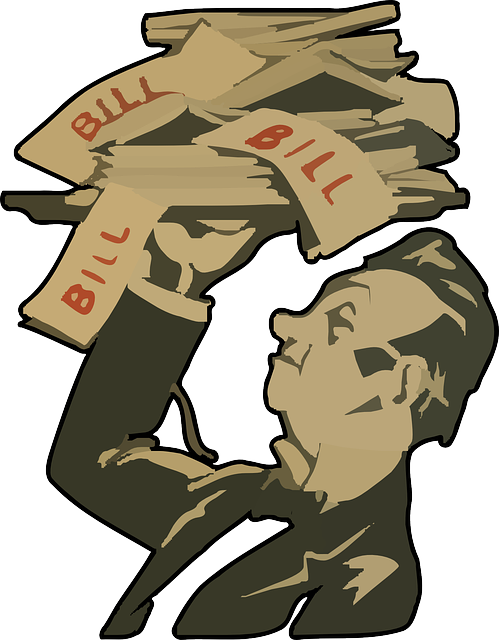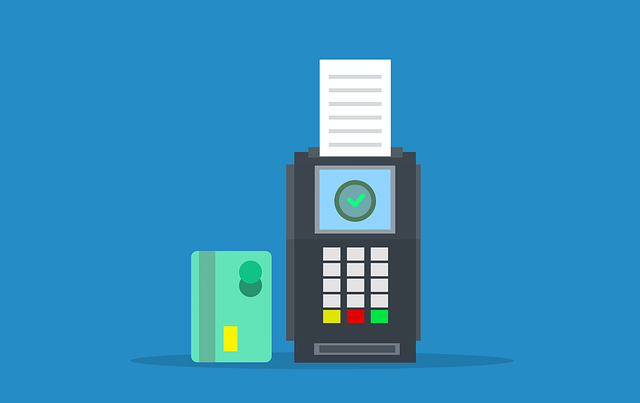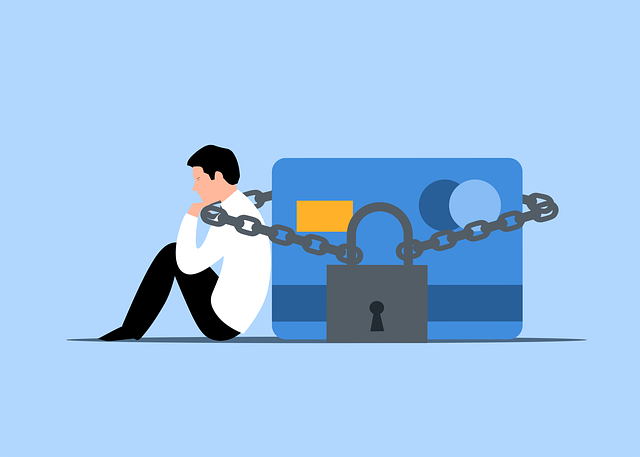Debt consolidation in South Africa provides a powerful solution for individuals overwhelmed by multiple creditors and high-interest rates. By combining debts into one loan with reduced interest and flexible terms, borrowers can simplify repayment, save on costs, and regain financial control. This strategy is crucial given the country's economic challenges, offering relief from aggressive collection practices, high rates, and unemployment. Debt counselling services guide clients through consolidation, providing tailored solutions, emotional support, and improved financial stability.
In the face of mounting debt, many South Africans seek solutions for financial relief. This article delves into the role of debt counselling as a powerful tool for consolidation, offering a comprehensive guide to understanding this process. We explore the unique landscape of debt and its impact on South Africans, providing insights into how debt counselling can help navigate challenging financial situations. Discover the mechanics of debt consolidation in practice, along with benefits and potential challenges, crucial steps towards reclaiming financial freedom in South Africa.
- Understanding Debt Consolidation: A Comprehensive Guide
- The South African Landscape: Debt and its Impact
- Debt Counselling as a Tool for Financial Relief
- How Debt Consolidation Works in Practice
- Benefits and Challenges: Navigating the Route to Financial Freedom
Understanding Debt Consolidation: A Comprehensive Guide

Debt consolidation is a strategic financial tool that combines multiple debts into one single loan with a lower interest rate and potentially more manageable terms. In South Africa, where high interest rates and complex debt landscapes are common, this process can be a game-changer for individuals burdened by multiple creditors. The primary goal of consolidation is to simplify repayment, reduce the overall cost of debt, and provide borrowers with better control over their finances.
This approach allows debtors to pay off various loans, credit cards, or debts with different interest rates under one unified agreement. By doing so, they may enjoy several benefits, such as lowering monthly payments, extending the repayment period, and saving money on interest charges. In the context of South Africa’s financial landscape, where the consolidation of debt has gained significant traction, it offers a comprehensive guide for managing and overcoming debt burdens effectively.
The South African Landscape: Debt and its Impact

In South Africa, the landscape of debt is a complex and pervasive issue affecting a significant portion of the population. With rising living costs, unemployment rates, and the burden of access to basic services, many individuals and families struggle under the weight of multiple debts. The consolidation of debt has emerged as a vital strategy for South Africans to regain financial control and alleviate the strain caused by excessive debt obligations.
The impact of debt in South Africa is far-reaching, leading to various social and economic consequences. High-interest rates, aggressive debt collection practices, and lack of financial literacy contribute to a vicious cycle where debtors find themselves trapped. Consolidation of debt in South Africa offers a much-needed solution by providing a structured approach to managing multiple debts under one roof, simplifying repayment processes, and potentially reducing overall interest expenses. This strategy empowers individuals to break free from debt and rebuild their financial stability.
Debt Counselling as a Tool for Financial Relief

Debt counselling plays a pivotal role in providing financial relief to individuals and families grappling with overwhelming debt in South Africa. This process involves professional advisors who guide clients through a structured approach to manage and eventually consolidate their debt. By offering tailored solutions, debt counsellors help South Africans navigate the complex landscape of debt repayment, ensuring they make informed decisions that align with their unique circumstances.
Through consolidation of debt, counsellors assist clients in combining multiple debts into one manageable loan, often with a lower interest rate. This strategic move simplifies repayment schedules and reduces the emotional and financial strain associated with managing several creditors. In the context of South Africa’s economic climate, where many citizens face unemployment or unpredictable income, debt counselling becomes an indispensable tool for achieving financial stability and preventing further economic distress.
How Debt Consolidation Works in Practice

Debt consolidation is a strategic financial process designed to simplify and manage multiple debts by combining them into one single loan with a new set of terms. In practice, South Africans often turn to this method when facing a multitude of debt obligations, each with varying interest rates and repayment conditions. By consolidating their debt, individuals can reduce the overall interest they pay and streamline their monthly cash flow.
The process begins by assessing the existing debts, which may include credit cards, personal loans, and other financial commitments. A debt counsellor or financial advisor then helps the individual secure a new loan with more favourable terms. This consolidated loan is used to repay all previous debts, essentially simplifying the borrower’s financial situation in South Africa. The end result is a single, manageable debt with potentially lower interest rates, making it easier for borrowers to regain control of their finances.
Benefits and Challenges: Navigating the Route to Financial Freedom

Debt counselling plays a pivotal role in the consolidation of debt in South Africa, offering both benefits and challenges for those burdened by financial obligations. One of the primary advantages is that it provides a structured approach to managing multiple debts, allowing individuals to consolidate them into a single loan with potentially lower interest rates and more manageable repayment terms. This strategic move can simplify the borrower’s financial situation, making it easier to keep track of payments and avoid the pitfalls of missing deadlines, which often lead to additional fees and penalties.
However, the journey towards debt consolidation is not without obstacles. Effective debt counselling requires a thorough understanding of an individual’s financial landscape, including their income, expenses, and existing debts. It involves complex negotiations with creditors, which can be time-consuming and demanding. Moreover, not all debt relief programs are created equal; some may come with hidden costs or stringent conditions that could potentially set individuals back on the path to financial strain. Therefore, seeking professional guidance from experienced debt counsellors is essential to navigating this route successfully and achieving long-term financial freedom in South Africa.
Debt counselling plays a pivotal role in the consolidation of debt in South Africa, offering a lifeline to individuals and families struggling under the weight of multiple debts. By providing guidance, education, and support, debt counsellors empower South Africans to take control of their financial futures. While challenges exist, the benefits of debt consolidation far outweigh the difficulties, offering a clear path towards financial stability and freedom for those willing to commit. Through understanding the process and leveraging available resources, South Africans can successfully navigate their journey to debt-free living.







